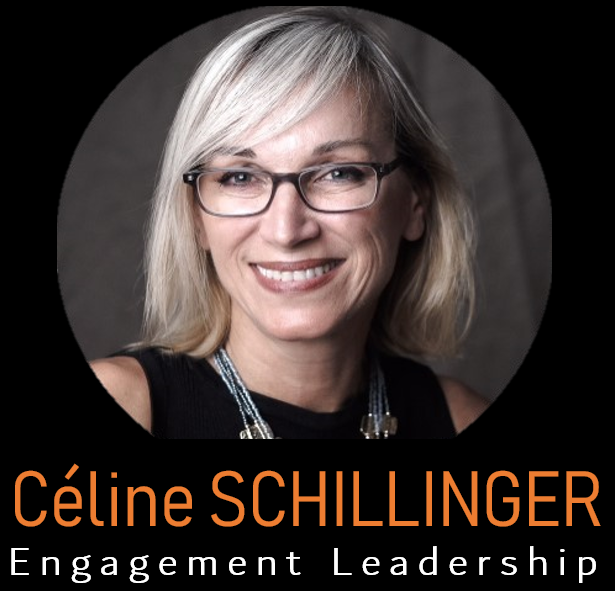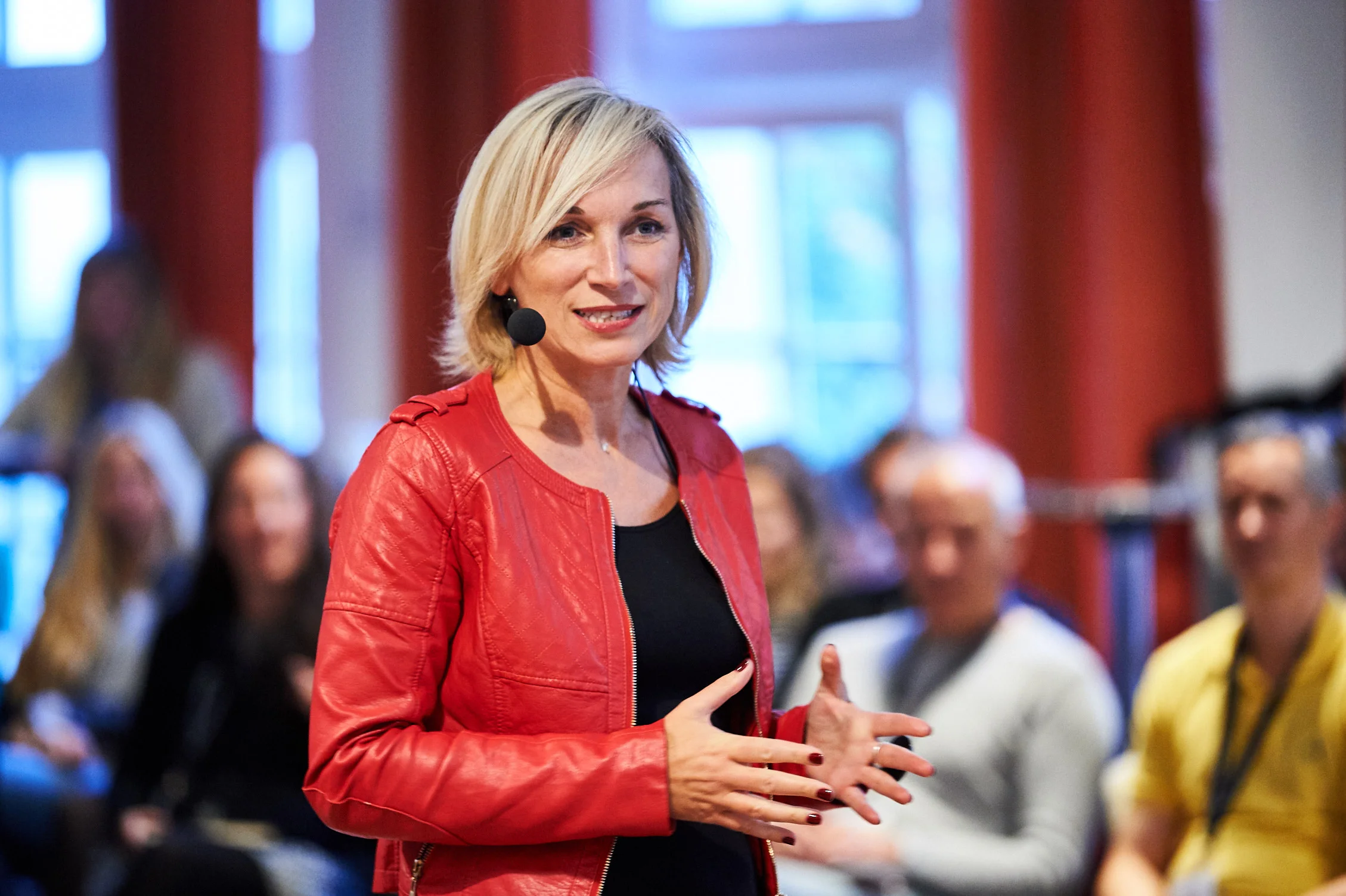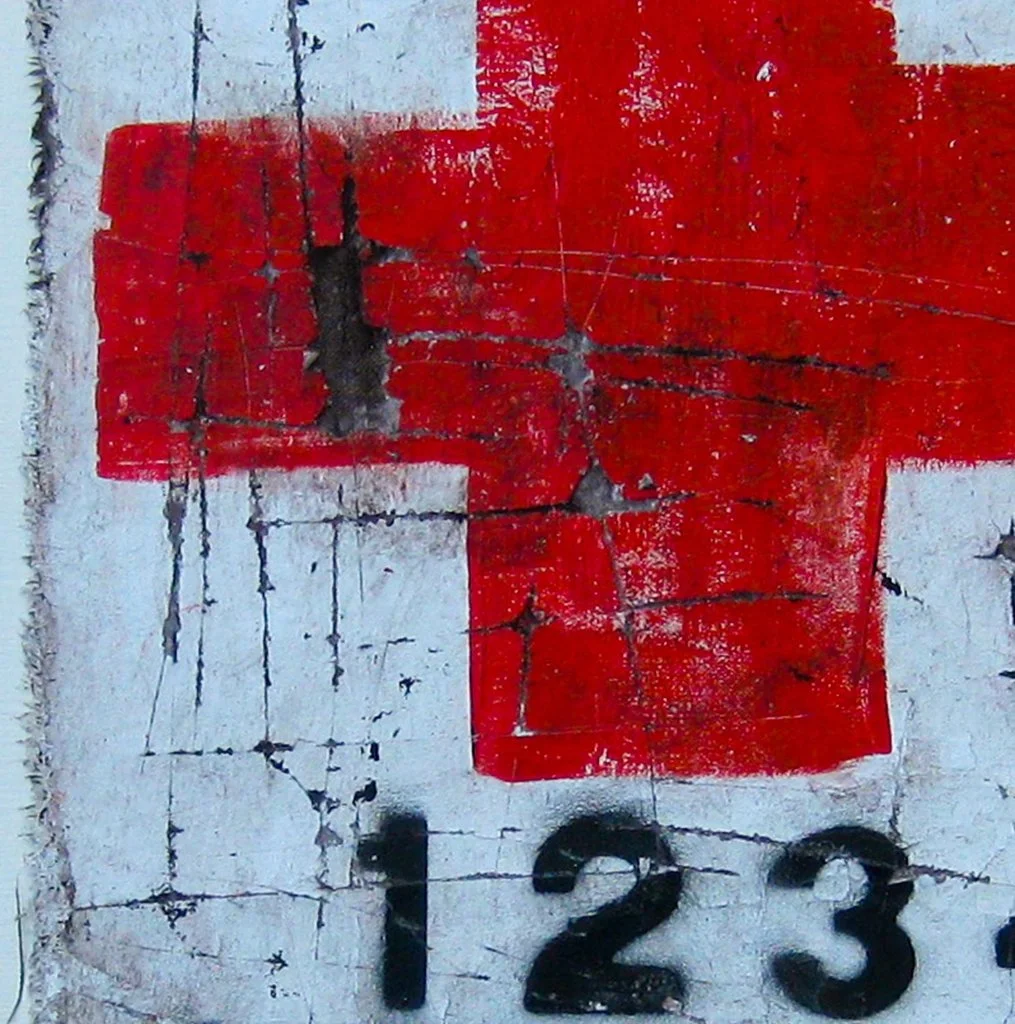Police! Community Engagement & Wellbeing at Work
10 things the British Police can teach your organization
In 2014, the British Police contacted me for advice.
…😳…
Bewildered, I struggled to understand why they reached out: “Must be a mistake”. I was then a mid-level executive at a global pharmaceutical company, based in France, and my work had no relation whatsoever with that of the police. Or so I thought.
Lesson 1: Be very curious. Seek input and inspiration from change makers in a broad diversity of fields. Do not limit yourself to CEOs or to the Silicon Valley
A massive challenge, complicated further by the working culture
About 200,000 people work for the 43 police forces in England and Wales. Back in 2012, a national working group was established on staff wellbeing.
“Police is here on the worst day of your life”: like other first responders, police workers are often exposed to traumatic events that have dire consequences on their mental health. In the French police, deaths by suicide outnumber deaths in the line of duty; a similar toll is witnessed elsewhere, with much higher self-harm rates as compared to those among the general population. PTSD and depression are constant risks.
However, the very culture of the organization prevents people from speaking about this: for anything to work, one has to “dismantle the code of silence”: “there is a stigma around getting help. Many officers view asking for help as a sign of weakness or that if they acknowledge they have a problem with mental health then something is “wrong” with them”. The fear of career setbacks and shame is very real. Culture would have to change.
Lesson 2: Envision early on how your organizational culture can get in the way of your collective ambitions. Then strategize for the long term because changes don’t happen fast.
Oscar Kilo: a community story
Given the scale of the challenge, it was decided to avoid ‘solutioneering’. That’s a key choice, and an excellent one, in my opinion. So much of what leaders and line workers blame each other for, of wasted resources and failed projects, relates to the solutioneering disease: whereby a few people decide for everyone else what will be good for them, and push for adoption.
Lesson 3: When facing a massive challenge, or a challenge that relates to human behavior, avoid solutioneering at all cost. Look for co-creation, collective engagement instead.
One of our conversations, several years ago!
Starting with the College of Policing Dr Ian Hesketh’s research and inspirited by Chief Constable Andy Rhodes, they began scouring the UK and further afield for evidence of what worked. “Further afield” included social media, and that’s how they stumbled upon my then work, described in my blog and in this TEDx talk: a community engagement approach to tackling a mosquito-borne disease.
Several elements felt right to them: a peer-to-peer method, blending in-person and online multichannel engagement, powered by the open internet and social media, connecting people around purpose, across functions and ranks, to enable local activism, for actual impact.
Lesson 4: Although each community is different, some engagement principles work across any sector. They might work for you too.
We kept in touch during the years it took for them to develop the project. Some of its features must have required long negotiations: using the open internet rather than police-specific encrypted systems for example. This was a critical point: to be helpful to many, the community needed to feel open, welcoming, easy to access, different from the regular professional systems.
Lesson 5: Be patient. Be persistent. Be open to compromise, but not on the essentials.
Community in action
In 2017, the Oscar Kilo community was born, called after the NATO phonetic alphabet O and K (it’s OK not to be OK!). It became the brand of the National Police Wellbeing Service established shortly after, and has seen its scope widened beyond the police to emergency staff. Beside its digital hub, Oscar Kilo is present and active on LinkedIn and on Twitter.
The Oscar Kilo community’s purpose is to unlock dialogue, make connections and create real culture change around employee wellbeing. Supported by several full-time talented and passionate staff, it offers resources, events, self-assessment tools (the Blue Light Wellbeing Framework). It invites people to build knowledge on peer support, to develop mindfulness, share their wellbeing stories…
Lesson 6: It takes talent, time and resources to make a community thrive. Great content helps, but it is not sufficient to trigger and maintain engagement
Oscar Kilo reaches out to the frontline (police staff on the street) with the wellbeing vans, offering coffee and an opportunity to chat and provide physical and mental health checks. They do not only promote central services but can be used by any of the 43 forces to take their local wellbeing services out to the frontline.
Lesson 7: Never, ever forget the frontline. They don’t sit behind a desk? They don’t have access to a computer? No problem. Be creative. Reach out where they are. Foster local connections.
For what impact?
Impact is measured against organizational benefits (improved performance, reduced costs of absence and sickness, reputational gains) and positive changes for individuals (improved wellbeing and life satisfaction, improved personal resilience and self-help skills, reduction in presenteeism and leaveism, improved morale and engagement, improved performance).
Lesson 8: Establish performance metrics. This can be pretty challenging, because metrics can have unwanted, negative effects on culture change. For details and ideas: How To Measure Culture Change Without Killing It.
Beyond what gets measured here, I believe Oscar Kilo can have an even larger impact. People-centric topics like wellbeing (or quality, in which I was involved several years) have a huge potential to improve organizations’ work cultures, for the sake of employees and the customers they serve. Recent uproar following George Floyd’s death in the US, or against police violence in France, only confirms that we badly need good police forces. People who feel respected as human beings, in organizations that embrace discussions around vulnerability and foster mutual support, are in a better position to do their job in a responsible and respectful manner.
Lesson 9: What would be possible in your organization if everyone rallied around wellbeing, or quality, or another people-centric topic? If this became a real, enacted priority – top of mind all the way from the frontline to senior leadership? Think about it…
Policing through a pandemic & the role of Tech
For the last few months, I have been supporting Oscar Kilo with the preparation of an international event on police wellbeing. Police work has been disrupted by the COVID-19 pandemic. We wanted to know how much disruption people experienced, whether technology has been a blessing or a burden, and what new wellbeing practices may have emerged. So, we launched a survey, which 600 people answered in just 2 weeks: an equal proportion of officers and staff, with no noticeable difference in their responses. The event is actually built on the responses received.
How technology improves wellbeing (Oscar Kilo survey)
50% of respondents say that the pandemic has affected their work for the better; 35% for the worse; 15% have seen no change.
78% of respondents have a positive experience of technology: it helped with work despite pandemic constraints (37%), with collective productivity (16%), with connection to others (13%) and created opportunities for innovation (12%). For 12% of respondents, technology felt like a burden, and 9% didn’t particularly rely on tech. More details as well as quotes can be found here.
Particularly interesting for me, as a non-police person, are the caveat brought by respondents to a widespread usage of technology at work. They point out that technology can improve staff wellbeing if and only if…
…Technology comes with relevant support and guidance, is reliable, is compatible with other systems in use, does not trigger additional bureaucracy (more reporting, more statistics…) but better, meaningful work
…End users are consulted, and are provided with tech according to needs, not to ranks;
…Tech is part of a wider effort to improve collective work, that includes new work practices: more asynchronous work, less / shorter calls, protection of personal time, continuation of face-to-face contacts whenever possible, tech / screen overload management
…Organizational culture evolves towards more experimentation, more cross-level dialogue, a blame-free culture where leaders truly lead, i.e. trust, support and enable their teams.
Lesson 10: Police workers are actually like you and me. People’s aspirations at work transcend disciplines. Surprised?
Join us! An international online event - Tuesday Aug. 25 at 1 pm London
Save the date! Oscar Kilo together with Tech UK (Julian David, Georgie Henley) invites representatives from Australia (Grant Edwards), Canada (Dr. Katy Kamkar Ph.D. C.Psych) and the USA (Jeff Thompson, Ph.D.), as well as Sussex Police / Service Dogs UK Garry Botterill and London Police Hector McKoy, to discuss the survey findings and share their experience. In just 90 minutes, we will hear a diversity of perspectives and have two rounds of discussion moderated by Jenna Flanagan around the following questions:
1) How can technology help police wellbeing? What we know, enabling factors and open questions; and
2) How to stay well in times of pandemic? Police wellbeing in action for a real impact.
More info here – the webinar will be broadcast live on YouTube.
Meanwhile, you can watch this fantastic story about Grant Edwards: The Strong Man. “Australian Federal Police Commander Grant Edwards was once Australia's strongest man. He was able to pull massive locomotives, aeroplanes and semi-trailers with his brute strength. But no amount of physical power could protect him from psychological injury.” Extremely moving.








Ten practices through which HR can raise to the change leadership challenge.